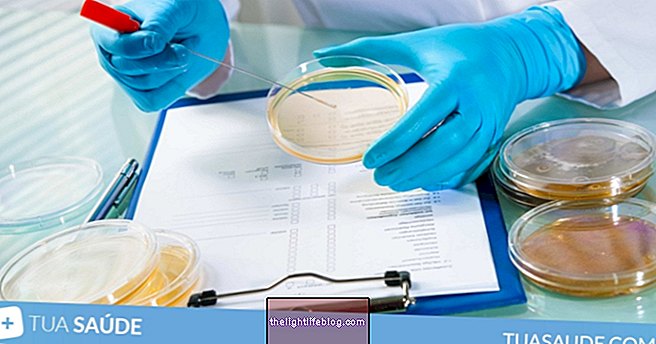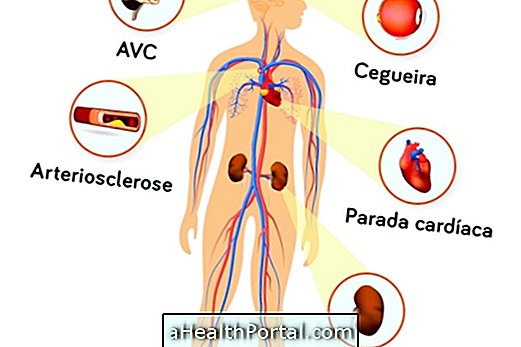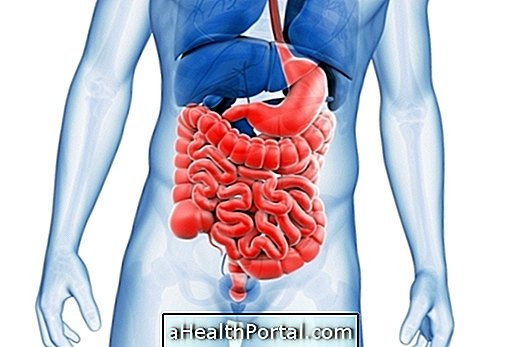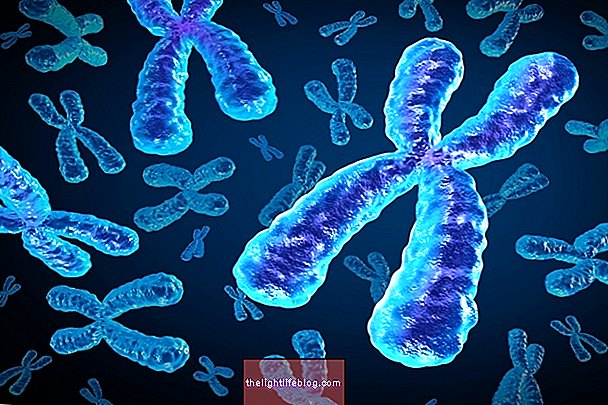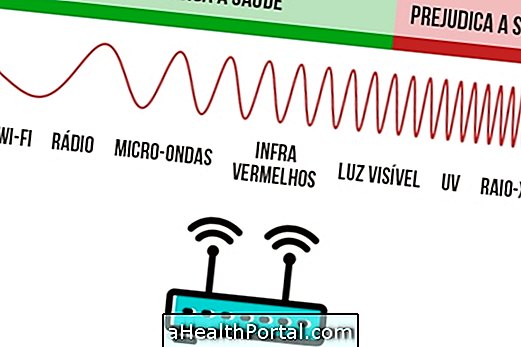Intense menstrual flow is normal as early as the first two days of the menstrual period, weakening as the period passes. However, when the flow remains intense throughout the menstrual period, with very frequent changes of pads during the day, it can be a warning sign, and it is important that the gynecologist is consulted.
Thus, through consultation with the doctor it is possible to identify the cause and initiate the most appropriate treatment, preventing the development of anemia, which is the most common consequence of intense menstrual flow, since there is excessive loss of blood and iron, resulting in tiredness excessive, weakness and pale skin. Learn to recognize the symptoms of anemia.

How to know if your menstrual flow is intense
Intense menstrual flow is characterized by the greater amount of blood lost during the menstrual period, which causes menstrual pads or pads to be changed / emptied every hour.In addition, while the normal menstrual period lasts between 3 and 5 days, the intense flow continues for more than 7 days and is usually accompanied by some symptoms such as severe cramps and excessive tiredness.
Thus, if the woman realizes that she changes the tampon every hour, that the menstrual cup is filled very quickly, when there are symptoms and when some activities stop being performed during the menstrual period due to the fear of leaks, it is important to consult the gynecologist so that tests can be done that can identify the cause of the increased flow and, thus, initiate the most appropriate treatment.
Main causes
The main causes that can cause an increase in menstrual flow are:
1. Hormonal changes
Changes in estrogen and progesterone levels, which are the main female hormones, are the main causes related to increased menstrual flow. Thus, when there is an imbalance in hormonal levels, it is possible to verify changes in the flow. Normally, high levels of estrogen and low levels of progesterone are responsible for more intense menstrual flows.
2. Use of copper IUDs
The copper IUD, also known as a non-hormonal IUD, is an effective contraceptive method that is inserted into the uterus and prevents a possible pregnancy. However, despite being considered an advantageous method and with few side effects, since it does not release hormones, it is common for there to be an increase in menstrual flow and severe cramps during menstruation. See what are the main advantages and disadvantages of the copper IUD.
3. Gynecological changes
Some gynecological changes such as fibroids, fibroids and polyps in the uterus, pelvic inflammatory disease, changes in the cervix and endometriosis, for example, can increase menstrual flow. It is important that these changes are identified as soon as the first signs and symptoms appear, so that it is possible to prevent complications.
4. Use of anticoagulant drugs
The frequent use of anticoagulant medications may favor an increase in menstrual flow, since the factors responsible for stopping excessive bleeding are not activated. Learn more about anticoagulants.
What to do
If it is observed that the heavy menstrual flow happens frequently, it is important that the gynecologist is consulted so that blood and imaging tests are done to help identify the cause of the increased menstrual flow. Thus, from the moment the cause is identified, the doctor can indicate the most appropriate treatment, and hormonal replacement, IUD removal and use of contraceptives may be recommended.
In addition, the gynecologist can recommend the use of medications that help to alleviate the symptoms that may be associated, and iron supplementation may also be recommended, as it is common for anemia to develop due to intense flow. See more about using iron supplements.
If during the exams it is verified that the heavy menstrual flow is due to the presence of polyps, fibroids, cysts or fibroids, it may be recommended to perform a surgical procedure to treat the alteration and, thus, promote the heavy menstrual flow.
See also the tips to relieve the pain of menstrual cramps, in the following video:

Was this information helpful?
Yes No
Your opinion is important! Write here how we can improve our text:
Any questions? Click here to be answered.
Email in which you want to receive a reply:
Check the confirmation email we sent you.
Your name:
Reason for visit:
--- Choose your reason --- DiseaseLive betterHelp another personGain knowledge
Are you a health professional?
NoMedicalPharmaceuticalsNurseNutritionistBiomedicalPhysiotherapistBeauticianOther
Bibliography
- CDC. Heavy Menstrual Bleeding. Available in: . Accessed on 25 Jun 2020
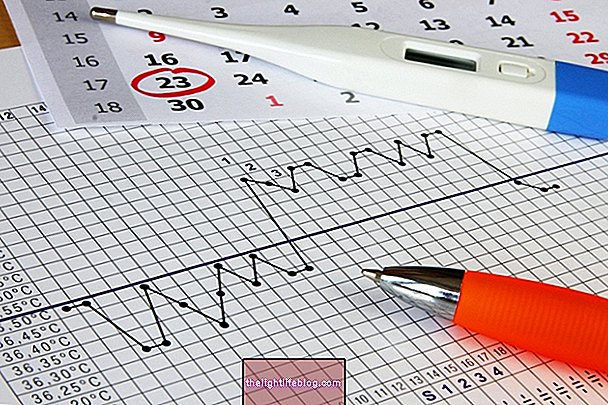
.jpg)








